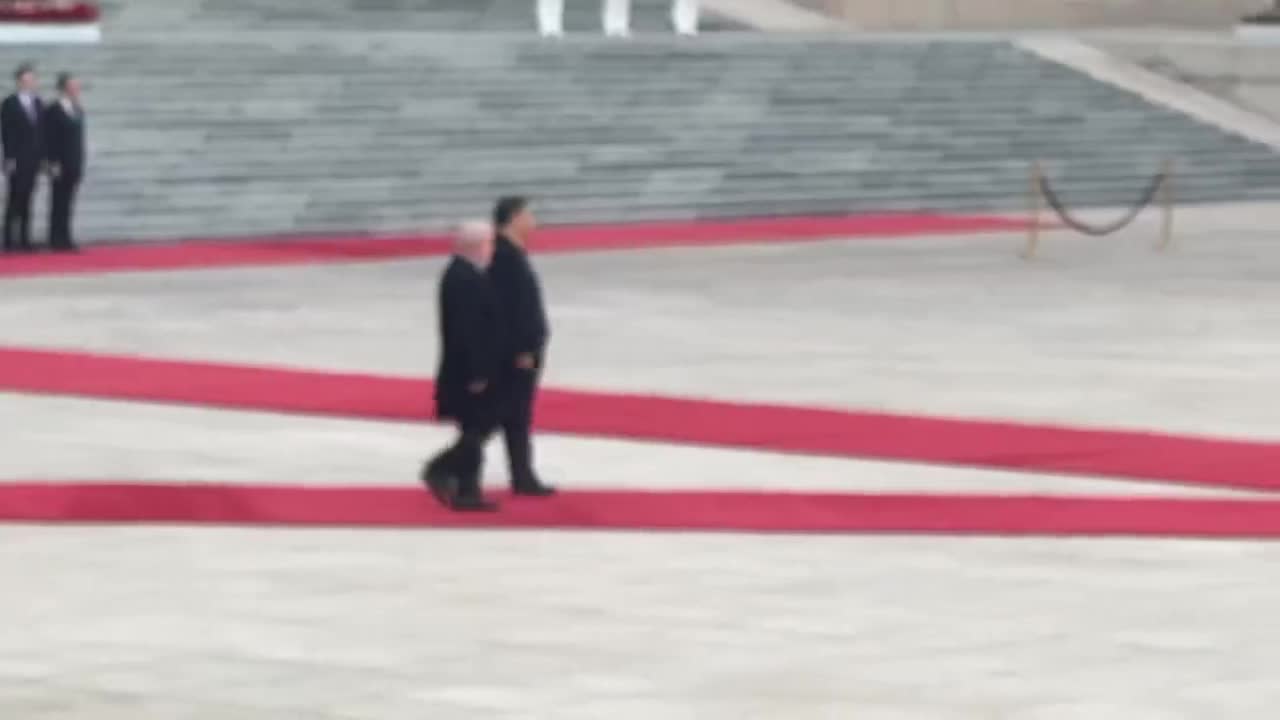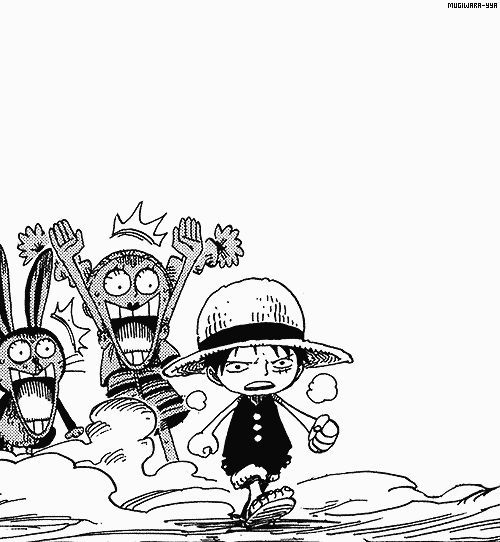The lyrics go like this:
In the new time
Despite the punishments
We are grown up,
We are attentive,
We are more alive
To help us, to help us, to help us
In the new time,
Despite the dangers
Of the most brute force,
Of the frightening night,
We are in the fight
To survive, to survive, to survive
So that our hope
Is more than vengeance
That it always be a path
That is left as an inheritance
EDIT: the original translation I posted shifted stuff around and (I think) made people miss the connection between the verses 'in spite of dangers / of the most brute force' which would kinda make it seem that force was maybe being glorified from then on. I also changed the title to make it more explicit.
Basically it's a song about an impending general improvement that was hoped for after the fall of the brazilian military junta. Parallels being likely drawn with the end of unipolarity.
Standard diplomatic protocol is that the host country will submit a list of songs they'd like to play to the visiting country and then they go back and forth until both sides agree on one.
There's basically zero chance that the Brazilians did not sign off on this.
oh ok good to know. i was thinking the chinese had a brazilianist pick a song lol
Just wondering, is this a Junta-era pro-junta song or a song of resistance against the Junta?
My reading of the lyrics can go either way.
it's anti junta. most of what got past censorship had to be a bit esoteric or coded, and even then playing certain specific songs on air could and often was banned anyways. this particular song came out in 1980 so its the latter 'softer' period of the dictatorship, and it signifies some expectation that good things are coming once its all over.
Seems fitting for where Lula has been, in jail, yet back again. The man is a fighter and a survivor.
i felt it was brazil's version of the 'we'll do great things together centuries etc i dunno i can't speak mandarin' we saw in the xi-putin meeting
Speaking of the Xi-Putin meeting, when Xi boarded his plane the Russian band player " When that day comes ", a PLA song about preparing for war.
It's almost certain that both sides agreed to it.
Indeed. But until then my dream is that the brazilian president is greeted by an incompetent military band so we get our own version of this.
That’s one of the funniest things I’ve ever seen omg
This is a song by Ivan Lins right? I think he is a leftist like most musicians in Brazil during the 60's and 70's, and this is an anti-dictatorship song?
This song, Novo Tempo, maybe I’m not listening closely enough but it sounds pretty hopeful and fitting for Lula and Xi tracing a new path for diplomatic relations.
That's pretty much it. I think the symbolism is a bit too self evident to brazilians. So reporting ends up just listing the name of the song. Like I said in another post, songs had to be a bit coded to get past censoring and even then they were liable to being banned anyways. The regime sorta understood that blanket banning everything all the time was unworkable (I'm being charitable here), so it worked to create media monopolies, wielded them to elevate more neutral artists and let more esoteric shit get past the radar from time to time. Then they'd arrest and often torture artists, then exile them if/when songs became protest symbols. Nowadays if you're a well read person who's anti junta you pretty much understand instinctively what songs of that time mean, both historically and culturally.
this is absolutelly a brazillian anti dictatorship song, "From the most brute force, from the frightening night, we are in the fight To survive, to survive, to survive" there are a lot of bangers that got past the censors because the military had no poets so they didn't get the metaphors
I now realize that running some website's lyrics through machine translation fucked up everything and I'm gonna edit the OP to better reflect it.
it is fine, like this song is written ambigous on purpose, like one of the more famous anti dictatorship songs is calice for example, and the whole bit is that it says "pai afasta de mim esse cálice, de vinho tinto de sangue" which if you translated would be like "Father, keep away this chalice, of blood red wine." which is dramatic but not anti dictatorship but in portuguese cale-se means shut up and it sounds a lot like cálice so you could read this kinda like "father keep this silence away from me, (this silence) of red blood wine" which is a really clever song, but it really makes a lot more sense in portuguese than in english. so don't worry, this is normal you couldn't know
so don’t worry, this is normal you couldn’t know
comécumpadi :soviet-playful:
i thought you did the other way translation, i am just so used to explaining brazillian lore to americans on this site, foi mal
no i uh took a youtube comment's lyrics and ran them through machine translation :agony-soviet:






